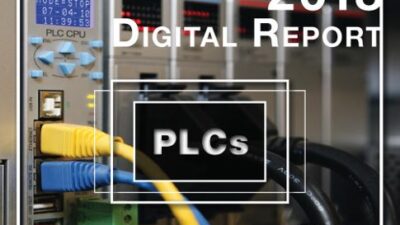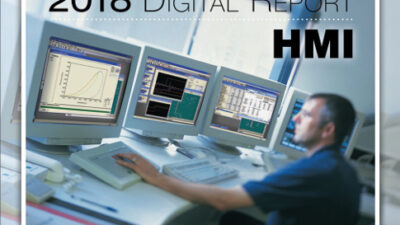Claire Cerrato, manager, GlobalCare, GE Fanuc Automation, recently answered Control Engineering questions about services for automation.
Claire Cerrato, manager, GlobalCare, GE Fanuc Automation , recently answered Control Engineering questions about services for automation.
How have service agreements changed over the past five years?
In recent years we have seen changes in multiple areas: increased demand for and acceptance of electronic tools including online case management and easy-to-use self-service tools; simplified contract management across products, and an expectation of increased service value. For us, that includes using remote access and advanced troubleshooting tools to solve customers’ issues.
When does it make sense to enter into a service agreement when purchasing automation, controls, or instrumentation? Why?
Whether using automation, controls, or instrumentation, customers are applying the technology in a variety of ways that benefit from access to product expertise and product version upgrades. Often, use of controls and instrumentation is tightly integrated with software, and, therefore, customers benefit from product expertise that spans hardware and software. Additionally, as enhancements are made to controls and instrumentation, programming software also is enhanced, and customers benefit from cost-effective access to software upgrades.
When should a customer enter a service agreement separate from an automation purchase?
Generally, customers purchase support with their automation purchase. This gives them uninterrupted support and ensures an upgrade path for new releases. However occasionally, if equipmenr deployment is delayed, a customer may request to have service begin in conjunction with the deployment.
Who should provide service agreements?
We encourage our customers to buy service from the vendor. We work closely with and support our system integrators during application development. Once an application is deployed an issue may be the result of software, the customer’s or system configuration, or how the application was developed. We assist the customer to determine where the issue is and how to best address it. System integrators are the best source for how an individual application has been developed. The vendor always has the best access to the development team.
What should customers watch for/avoid and why?
Customers should hold vendors accountable for solving customer issues. Quick answers that don’t solve a customer’s issue should be challenged.
What’s the most surprising/unusual/useful aspect of service agreements today?
We put real emphasis on innovative approaches to solving customer’s issues, including investing in sophisticated troubleshooting tools that help identify and isolate complex support issues.
—Mark T. Hoske, editor-in-chief, Control Engineering, [email protected]



